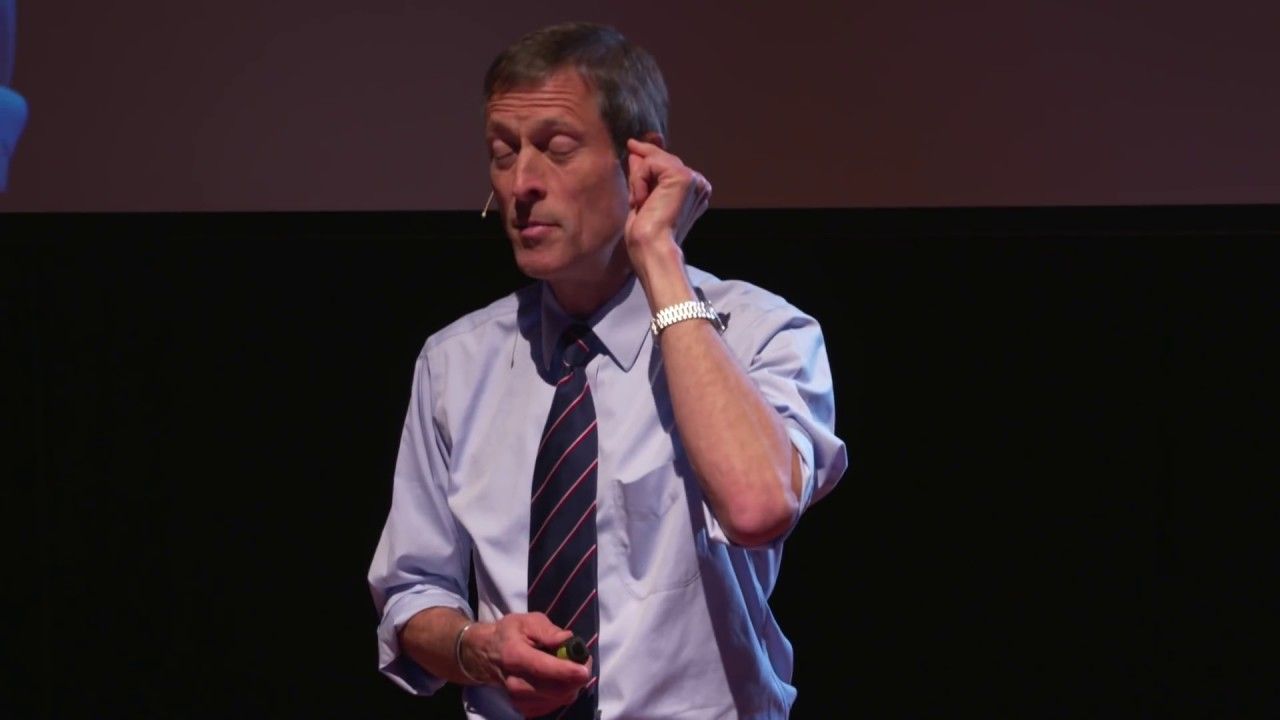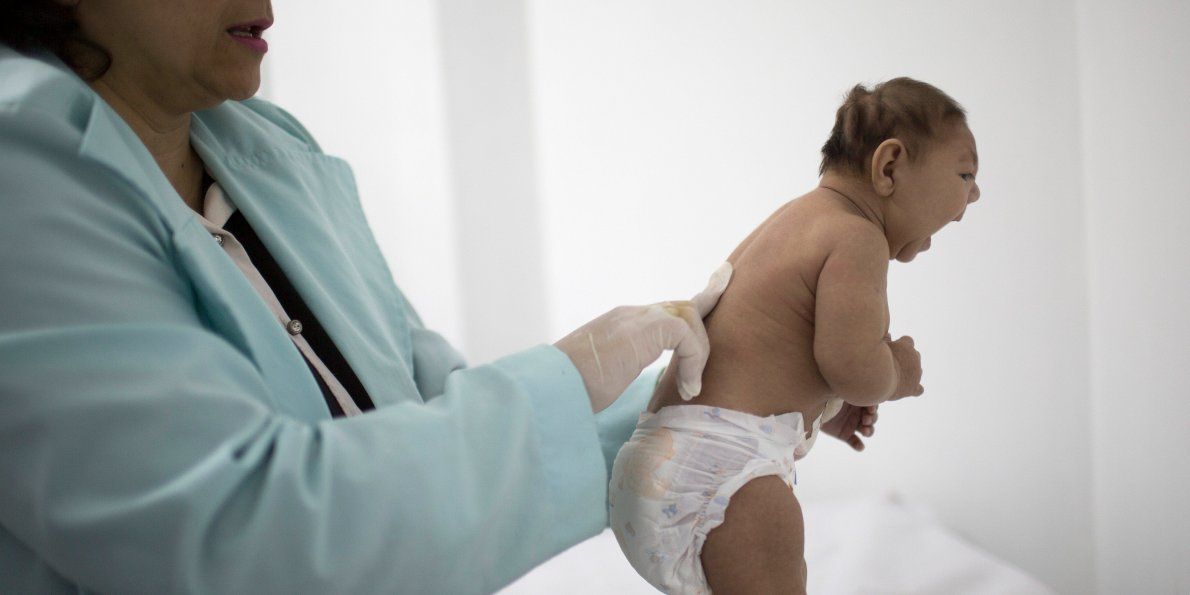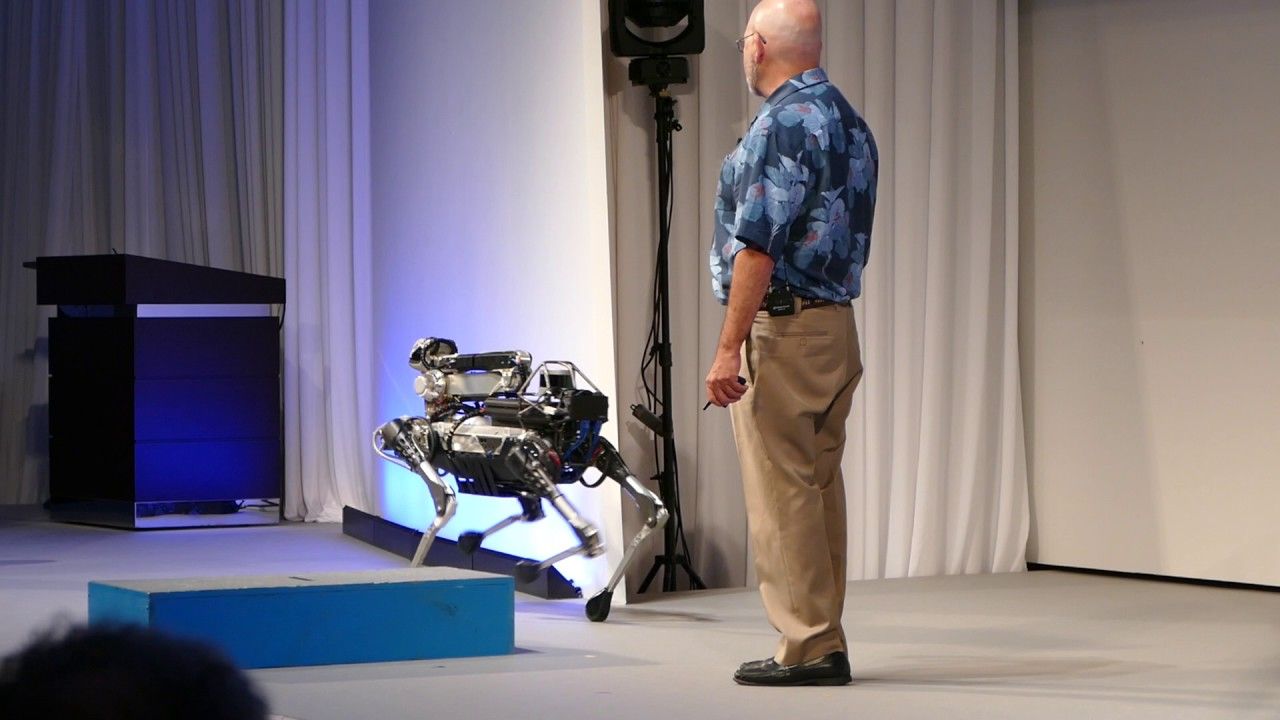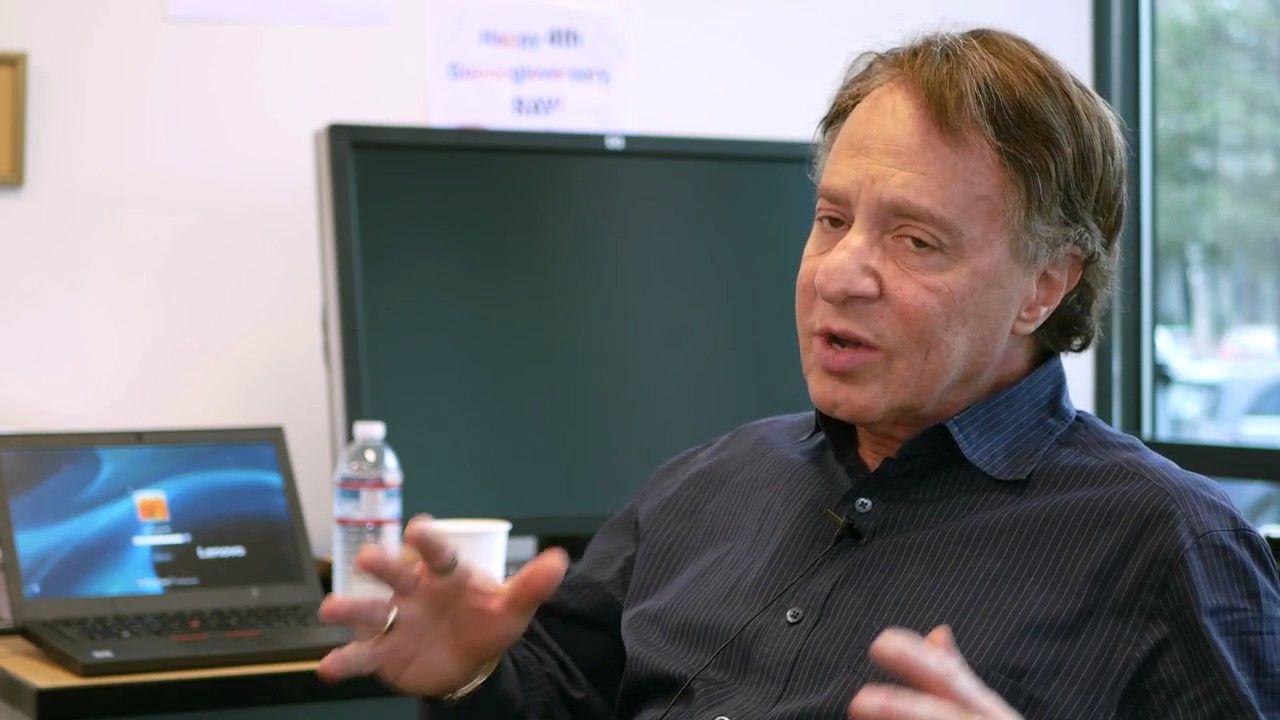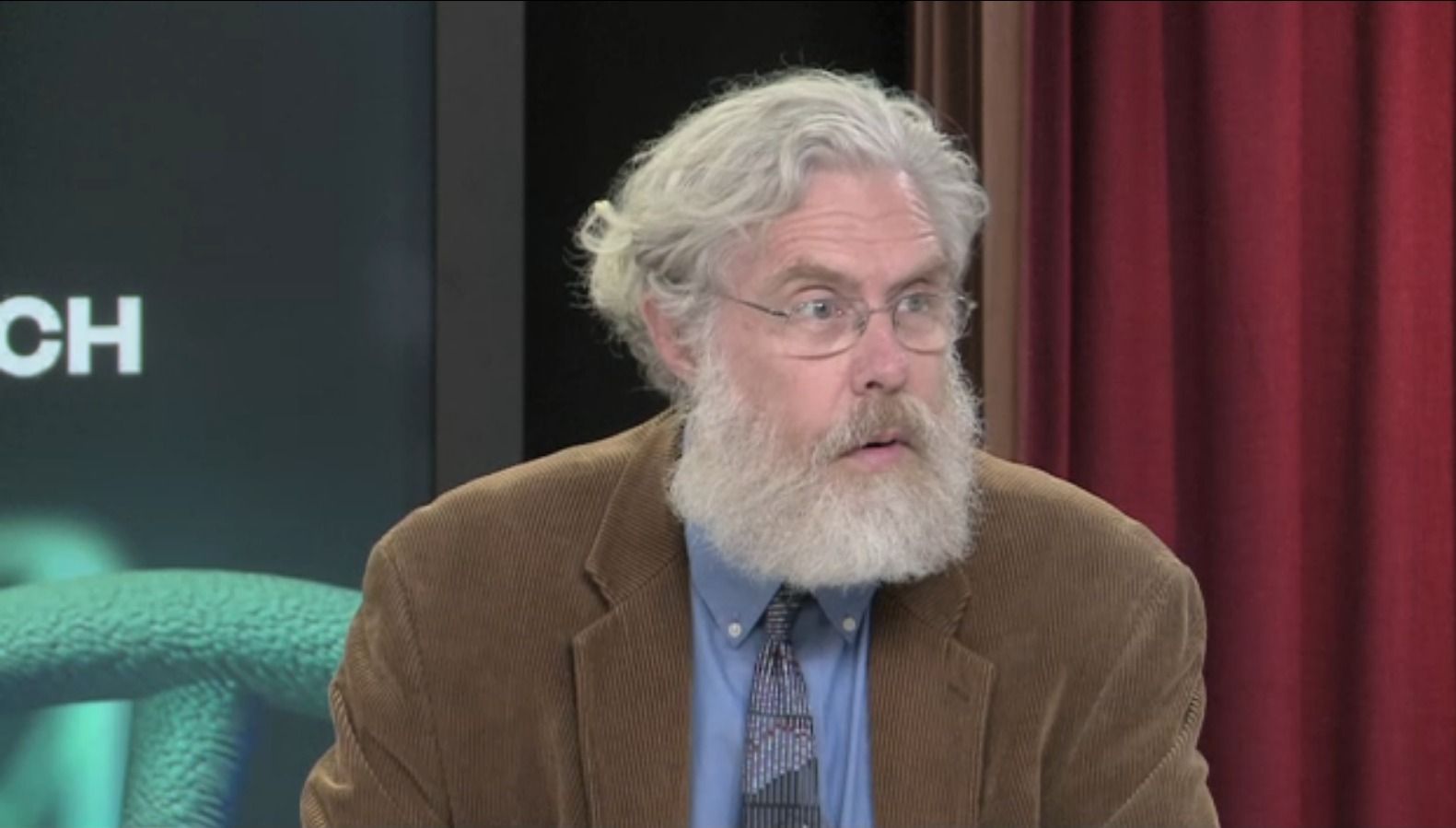Aug 2, 2017
More Colorful Vegetables and Fruits Can Protect You From Alzheimer’s and Dementia: Neal Barnard
Posted by Müslüm Yildiz in categories: biotech/medical, food, health, robotics/AI
Dr. Neal Barnard says: “More colorful vegetables and fruits, a 40-minute brisk walk, vitamin E and less dairy products, cheese, and milk can protect you from alzheimer’s and dementia.”
Dr. Neal Barnard has led numerous research studies investigating the effects of diet on diabetes, body weight, and chronic pain, including a groundbreaking study of dietary interventions in type 2 diabetes, funded by the National Institutes of Health. Dr. Barnard has authored over 70 scientific publications as well as 17 books.
